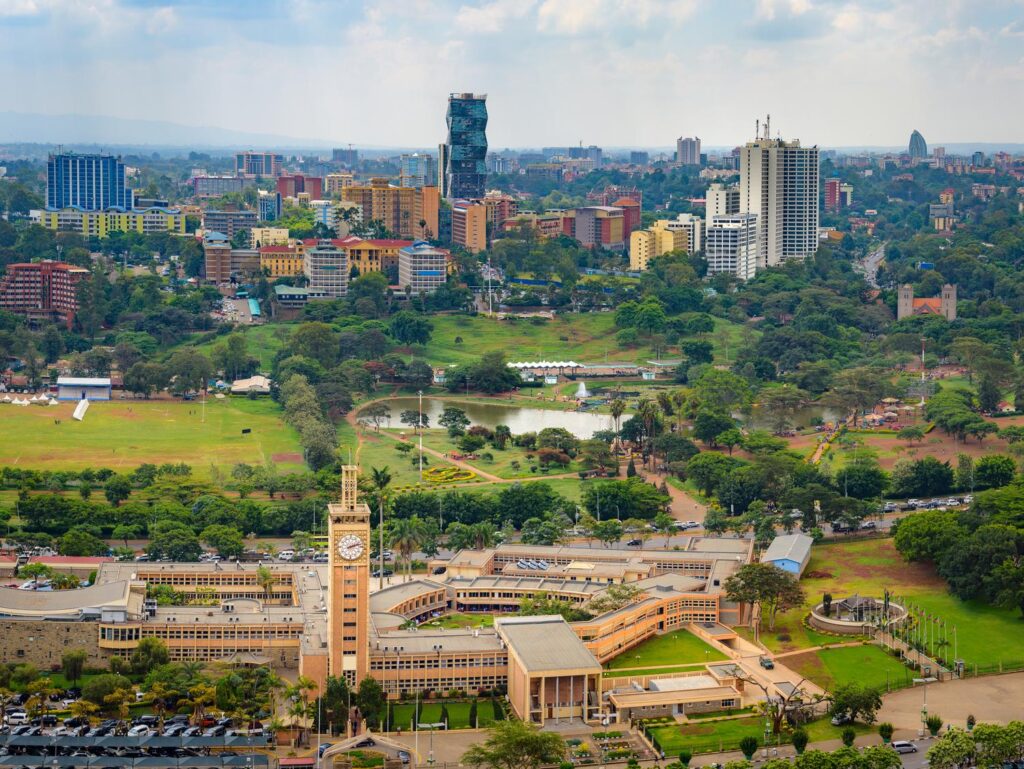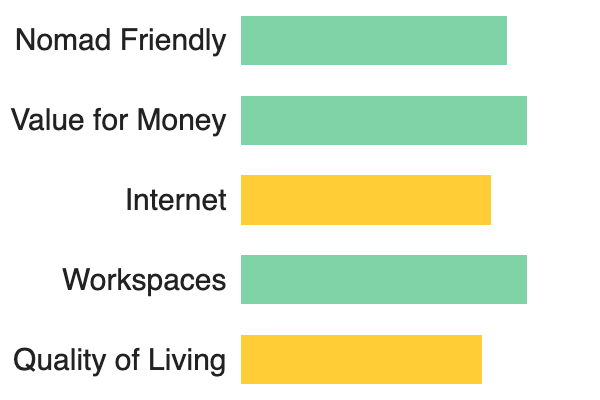
With Trump Returning to Office, Will More Americans Become Digital Nomads?
He’s back! Donald Trump has secured a second term as President of the United States and Google searches for leaving the US are already surging. The same thing happened after his shock election in 2016, but this was before COVID-19 shut down the world and forced many to work remotely. With remote work increasingly prevalent in 2024, will more Americans apply for more digital nomad visas and leave the United States? Let’s look at the factors to consider for Americans considering a move abroad.
Things to Consider When Moving Abroad
While the prospect of planning an escape from Trump America may seem appealing, there are several important things to consider. Visa requirements vary by country and often include minimum income thresholds, health insurance mandates, and accommodation arrangements. Furthermore, U.S. citizens must continue filing income tax returns regardless of their location, which makes it essential to understand local tax laws.
Time zone differences can also impact work-life balance for those employed by U.S.-based companies. Choosing destinations within similar time zones may prove more practical. For Americans, Mexico, the Caribbean, and Argentina, in particular, all have temporary residency/digital nomad visa options. Additionally, while some locations offer lower living expenses, popular digital nomad hubs have seen rising costs due to increased demand.
Impact on Companies and Work Culture
The increase in the number of digital nomads presents both opportunities and challenges for employers. While it can help attract and retain talent, companies need to navigate complex legal and financial implications when employees work from different jurisdictions. Issues such as tax liabilities, data protection regulations, and compliance with local employment laws require careful consideration. These issues are the reason that many American companies continue to require its employees to work remotely within the US.
Popular Destinations and Visa Options
Sixty-six countries now offer digital nomad visas, providing opportunities for remote workers to live and work abroad for different periods of time. Popular destinations include Spain, Portugal, and the Netherlands in Europe; Costa Rica and Argentina in the Americas; and South Korea and Japan in Asia, which recently launched a digital nomad visa allowing qualified foreigners to stay for up to six months.
Looking Ahead
As the digital nomad trend continues to grow, it is likely that more countries will develop visa programs and infrastructure to attract remote workers. While the idea of Donald Trump returning to the White House may make some people want to take the first plane out, becoming a digital nomad or moving a family abroad permanently involves careful planning and research taking personal, professional, and legal factors into consideration. As this trend evolves, it will be fascinating to watch how many Americans actually move out, and how this might shape global work culture and international relations in an increasingly interconnected world.








Responses